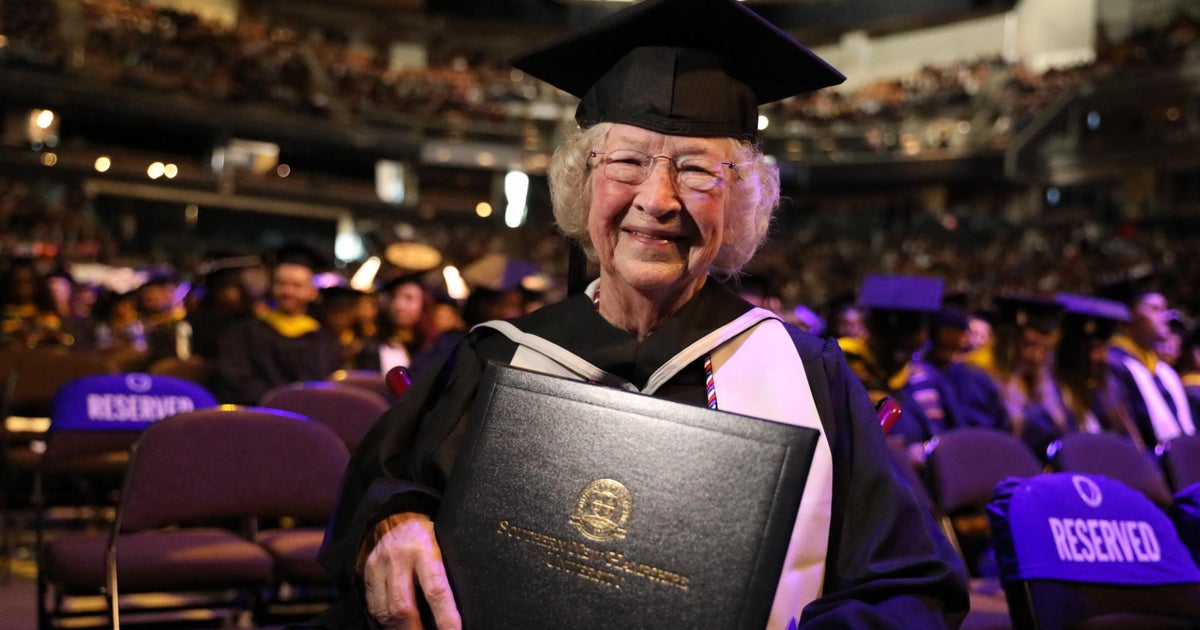I-Team: State Refused To Investigate Unemployment Fraud Claims From West Bridgewater Woman
WEST BRIDGEWATER (CBS) -- Susan Chartier was caught by surprise when she was opening her mail last spring.
"I received a letter that was addressed to someone else but with my address on it and it came from the Department of Unemployment," she told WBZ-TV's I-Team.
She added that the letter described a maximum benefit of more than $15,000. Susan assumed it was a simple mistake until she went to her mailbox the next day.
"I received two more letters with two different people," she said, explaining that they were still addressed to her home.
Since Susan and her husband built the home decades ago and have been the only occupants, she was concerned that she was a victim of identity theft.
Turns out, Susan was not a victim, but thought people could be using her address to collect benefits they may not be entitled to, so she contacted the state about the potential fraud.
"I was told that I could not report the fraud because it was not in my name," she said. "I really thought that that was like bananas."
Susan's suspicion of fraud is not a reach.
Last December, Secretary of Labor and Workforce Development Rosalin Acosta testified at a Massachusetts Senate hearing about widespread fraud in the unemployment system.
"International organized crime brought to all states a level of sophistication and a volume of criminal fraud never seen by any government entity," she told the senators during the Zoom hearing that lasted several hours.
The state told the I-Team that 272,799 fraudulent claims were identity-related, and most were funded through the federal government program. Fraud in the state UI program accounted for $184 million in fraudulent payments.
But Susan wonders just how well these cases are being investigated since no one would even look into the letters she received. When the Department of Unemployment Assistance refused to help, she tried the Department of Revenue.
"They said it wasn't their problem," she said. "That's when I said, 'I think I'll call the I-Team, Channel 4, and see what they can do.'"
The I-Team went directly to the state about Susan's concerns and asked if any of the people whose names were on the letters got unemployment benefits. Citing privacy concerns, a spokesperson refused to tell the I-Team.
"I think it's a problem on a number of fronts," said Dierdre Cummings of MassPirg, a citizen advocacy group that works on taxpayer, consumer, and environmental issues. "Clearly there's a sign that there's something fishy is going on."
Cummings told the I-Team she found the state's response to Susan's call disappointing.
"We are not going to catch fraudsters unless we are open to looking at different ways people may be trying to rip off the system," she warned.
Shortly after the I-Team started asking questions, Susan got a call from the Department of Unemployment telling her that it would now take her report and investigate the three claims.
"I feel like by contacting WBZ and the I-Team, that I do feel some satisfaction that at least someone was willing to listen to me," Susan said.
We may hear more about different types of fraud soon.
A spokesperson for the State Department of Labor and Workforce Development told us, "Federal benefits programs ended in Massachusetts on September 4th. Since that time, DUA has been working to assess the impact of the national unemployment scheme on Massachusetts and will provide further information when available."



